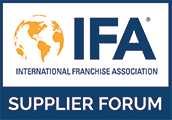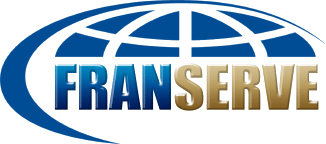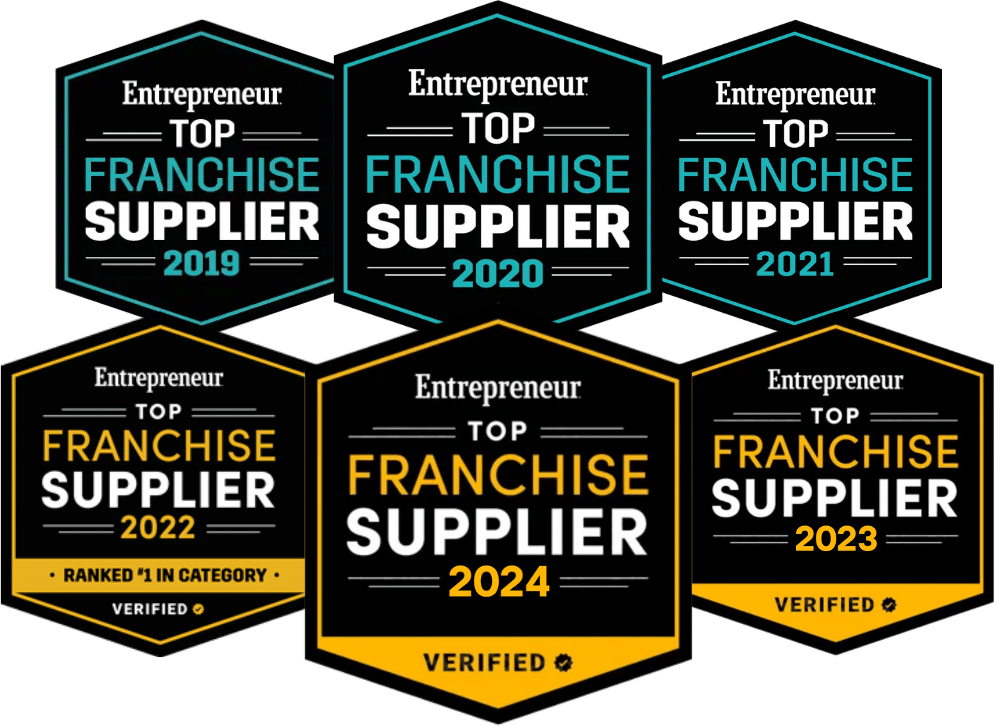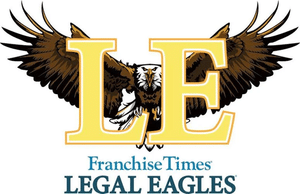
Hooking the Big Fish: How Franchisors Attract Private Equity
Whether you are a new franchisor, a seasoned business with hundreds of units, or an entrepreneur dreaming of what someday may come, chances are good you’ve got your eyes on the final prize. Why franchise your business if you aren’t hoping to sell it one day for top dollar? It’s true, some business owners may genuinely believe they want to leave a legacy for their children, but wave a hefty check in front of them and that may be legacy enough. Private equity investors are big fish in a vast sea. The question is, how do you tempt them to bite on the franchise system you’ve worked so hard to build?
Private Equity and franchise transactions have been headlining the business pages so often the last couple of years, it’s safe to say we may be seeing a trend. Roark Capital Group bought Buffalo Wild Wings for $2.4 billion and The Wendy’s Company for $450 million, NRD Capital purchased Ruby Tuesday for $335 million just last year, and recently Apax Partners acquired homes services giant Authority Brands, LLC. There is no question that well-run franchise systems are very palatable to investors looking for growth, but investors are picky eaters. Franchise systems are complex. What should a franchisor do to make sure their ducks are so aligned that private equity can’t resist? It is not an easy or a short-term task, but one that can and has been done by many franchise systems.
The People
It all starts with a meeting. Initial meetings between private equity partners and the franchisor C-Suite are important for a couple of reasons. Eventually, there will be a host of information and data to research, but before any due diligence can take place, the key players all need to get along and trust one another. A cultural fit between the two parties is crucial. Some experts suggest taking first meetings outside of the office – get people out in the real world and see how they interact. If the partners don’t get along, it may be best to walk away early.
A private equity company will assign a point person, or a team of people, to head to the front lines of the franchise system. Their primary job will be to measure franchisee satisfaction. They want to know if franchisees are happy with the franchisor, if given the opportunity to sign a contract all over again with the same brand, would they do it? Your franchisees will tell your story, you need to be acutely aware of any issues that will come up during validation. It is validation on steroids; private equity buyers will do a very deep dive on your franchisee community. Happy people in your system will go a long way toward consummating a great acquisition.
The Paper
It seems obvious, but your system basically boils down to the contracts and documentation that support it. Your professional team should be well versed in the issues specific to franchising. Has your FDD and your current franchise agreement kept up with the current state of the law? These are sophisticated buyers who will quickly be turned off by documentation not designed for growth. They will also want to see everything all at once in an easily digestible and organized format.
The “paper” that represents your system will typically be uploaded into a virtual “deal room” where the analyst and private equity attorneys can complete their due diligence. You should be thinking about the deal room from the day you start franchising, and if you haven’t been thinking about that yet it should be job one before you consider marketing your company for sale. An incomplete deal room or inaccessible contracts with missing pieces (such as guarantees, lease assignments, etc.) will at best, lower your valuation, and at worst, kill the deal.
There are also secondary system risks that your documentation should address, such as joint-employer status, anti-poaching provisions and the ability to control your brand. Private Equity investors want to know what kind of control the franchisor has over their system. You need to make sure the franchise agreements, operations manuals and programs all reflect the same policies and are up to the current state of the industry. They will scrutinize supplier contracts for information regarding termination and renewal rights, and whether they are open to negotiation. For your buyers, it is all about mitigating risk and reducing the uncertainty of the future cash flow and growth of the system. Clear documentation with correct information regarding topics that are prone to litigation can make or break a pending acquisition.
The Money
Investors basically want to know how much money can be made through the deal. That’s it. The people and paper will all affect their bottom-line analysis and how much uncertainty they will need to build into their forecast. This is where your row of ducks really matters. Numbers reveal both the financial health of the franchisor and the franchise system as a whole. With the requirement for audited financial statements, the cash flow of the franchisor can be easily understood. Buyers will want to know the breakdown between royalties and franchise fees, and the expenses of the franchisor in supporting their franchisees and attracting new ones. But the real value that buyers are seeking is future growth; and that will be uncovered in the unit economics of their franchisees.
They will want to ensure the Financial Performance Representations (FPR) that are in your latest FDD, on the internet, and published throughout the system are correct, up to date and exist with substantiating information and data. It isn’t enough to have it printed on paper. If your franchisees are making money, then the buyers should expect a consistently growing royalty stream that is measurable throughout the life of the business.
At the end of the day, the private equity market is looking for two things: A well-documented system with strong unit economics. If you can do these both well, you will be positioned to take your franchise system to the market and attract the best of the best of the many private equity players.







